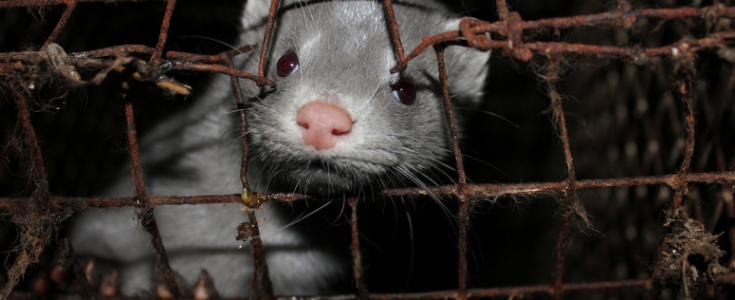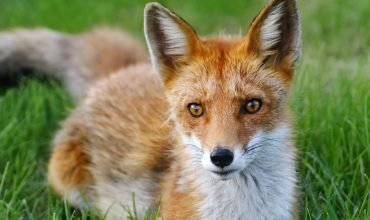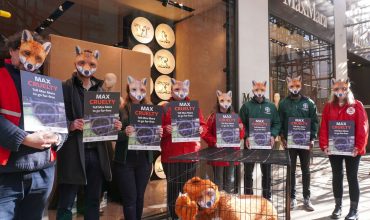It is plausible that there has been an infection of coronavirus from mink to humans, the Dutch Agriculture Minister has confirmed in a bombshell development.
As previously reported, a number of fur farms in the Netherlands have been quarantined after coronavirus was detected in the animals. Fur farming is an intensive factory farm method of production, with animals kept in small cages in very close proximity.
Now one of the workers at one of the fur farms has developed coronavirus with similarities to the virus found in mink on the same farm. It would be the first time in the Netherlands that a human has been infected by an animal with Covid-19. It is not clear which mink farm this happened at. The minister declined to comment on the situation in other countries.
Thankfully, the Netherlands introduced a ban on fur farming in recent years. New mink farms are not permitted, and existing fur farms are to be phased out by 2024.
However, it is now clear that fur factory farming should be reviewed in relation to this crisis. Animals bred and killed for their fur have been shown to be potential hosts of serious viruses such as SARS and fur farms around the world can be potential reservoirs of diseases posing serious threats to human health, as well as animal welfare.
It is understood that caged mink were present at the now infamous Wuhan wet market, suspected to be the place where the deadly pandemic first spread to humans via an intermediary species. It is still not clear what the intermediary species is.
Respect for Animals urges all governments to quickly ban fur farming and asks consumers to continue to reject the cruel and unnecessary fur trade.
Respect for Animals also calls on the government of China to list fur farmed animals not as standard ‘livestock’’, but as ‘wildlife’ that must be heavily regulated.
Animal welfare science shows that fox and mink bred on fur farms around the world are not domesticated and are not comparable to livestock such as cattle.
Recent moves by China to restrict wildlife food markets must also include animals raised for other reasons, including for ‘entertainment’ and ‘medicine’- and certainly for fur.
This is not only necessary for animal welfare reasons, it is also imperative for human health.




